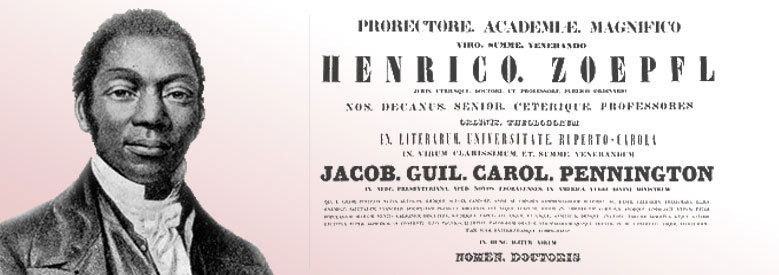(Receive our blog posts in your email by clicking here. If the author links in this post are broken, please visit our Free PDF Library and click on the author’s page directly.)
To introduce this new addition to Log College Press, we quote from Joan S. Gray and Joyce C. Tucker, Presbyterian Polity For Church Officers, p. 42:
One fascinating document from the last decade of the nineteenth century is a pamphlet titled “A Sermon or Address on the Elder Moderator and the Ruling Elder.” This sermon was delivered before the Presbytery of Westchester of the Synod of New York at its meeting in Stamford, Connecticut, in 1894. Ralph E. Prime began by recounting his experience as the first elder to moderate his presbytery. One of the first questions which arose was whether he would preach the sermon, even though he titled it “A Sermon or Address.” The sermon was a learned lecture on the history of presbyterian polity and of the Presbyterian Church. Prime told story after story of elders serving as moderators of various judicatories in various places. About one-third of the way through his sermon Prime concluded that in matters related to polity it is, indeed, right to make changes! Having reached that conclusion, he turned to the text from Romans 11:13: “I magnify mine office.” And indeed Prime did! He called on elders to exercise their office according to the highest standards of faithfulness.
Ralph E. Prime, Sr. (1840-1920) was a remarkable man. Born in Matteawan, New York, Prime went on to fight for the Union in the War Between the States, rising to the rank of lieutenant colonel (he was nominated by President Lincoln to serve as brigadier general), and practiced law after the war was over for more than four decades. He was a city attorney for the town of Yonkers, New York, and served as deputy attorney general for the State of New York. He was a member of the New York Society of Military Order of the Loyal Legion, the Society of the War of 1812, the Empire State Society of Sons of the American Revolution, the Order of the Founders and Patriots of America, and as President of the American Flag Association. He was also a long-time Presbyterian ruling elder who served as clerk of his session, and as a delegate to five Pan-Presbyterian Alliance council meetings in Europe and the United States. He was a church historian, a published author and a Mason. To the point for this post, he was the first ruling elder to serve as moderator of his presbytery (Westchester) and synod (New York).
Being the first ruling elder of his presbytery to serve as moderator, Prime was forced to confront the question of whether it was proper for him as a ruling elder (and not a minister) to deliver the traditional moderator’s sermon. In fact, as he recounts the event, he was asked that very question (but it remain unanswered) before the vote to elect him to the position was taken.
In his discourse, Prime takes his audience through an historical tour of the precedents for him serving in the capacity of moderator. He relates the story of George Buchanan in Scotland, and others in England, and in the PCUSA and the PCUS, who all served as ruling elder moderators. He also examines the relevant portions of the book of church order, and affirms his conviction that there is one office of elder, teaching and ruling, before proceeding to “magnify” that office by expounding on what the Scriptures teach about the duties of elders, and stirring up his fellow presbyters to faithful service to the kingdom.
Recently, we have obtained a copy of this discourse, photographed it, and uploaded it to Log College Press. It is an interesting read to be sure, and it shows both the knowledge and passion of the author for this subject. We nevertheless take note of the ambiguity of the title - is it a sermon or is it an address? Read it for yourself and decide.




























